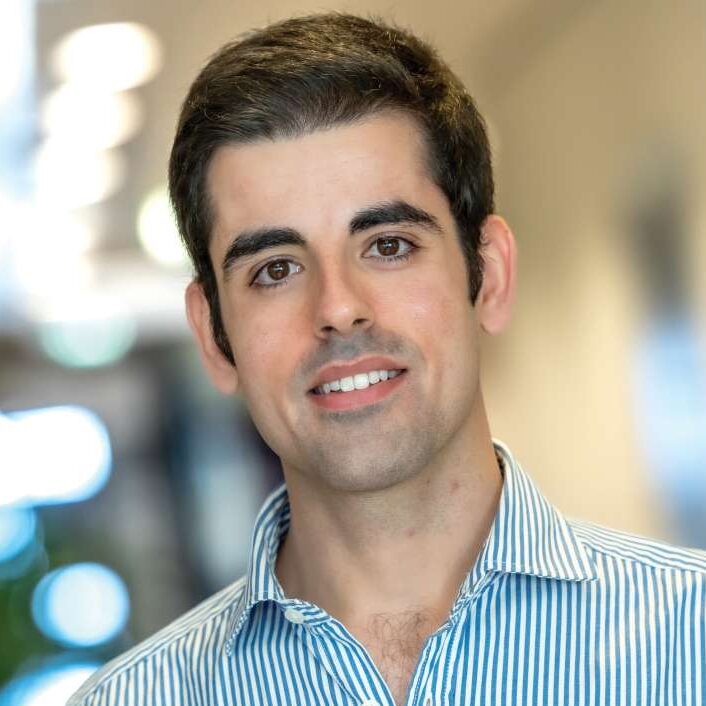Date and time: Tuesday 17 June 2025, 10:00-11:00 CEST
Speaker: Alessandra Parisio, The University of Manchester
Title: Control Frameworks for Emerging Fast Frequency Response Services
Where: Digital Futures hub, Osquars Backe 5, floor 2 at KTH main campus OR Zoom
Directions: https://www.digitalfutures.kth.se/contact/how-to-get-here/
OR
Zoom: https://kth-se.zoom.us/j/69560887455
Host: Marco Molinari, marcomo@kth.se

Bio: Alessandra Parisio is a Professor of Control of Sustainable Energy Networks, in the Department of Electrical and Electronic Engineering (EEE) at the University of Manchester. She has been principal or co-investigator on research projects supported by EPSRC, Innovate UK, EC H2020 and industrial partners in the areas of building climate control and distributed optimisation and control for flexibility service and grid support provision, totalling nearly £7 million as University of Manchester share.
Alessandra is IEEE senior member, co-chair of the IEEE RAS Technical Committee on Smart Buildings and has served/serves as editor of journals within the control and power system areas (e.g., IEEE Transactions on Control of Network Systems and Applied Energy). She received the IEEE PES Outstanding Engineer Award in January 2021 and the Energy and Buildings Best Paper Award for (for a ten-year period between 2008-2017) in January 2019. Her main research interests include Model Predictive Control, distributed optimisation and control, energy management systems under uncertainty, optimisation and control of multi-energy networks and distributed flexibility.
Abstract: The increasing deployment of distributed energy resources (DERs) brings substantial environmental and economic benefits, but also leads to reduced overall system inertia and controllability, creating new challenges for power grid operation. To address the variability and uncertainty inherent in renewable generation, various global initiatives are promoting faster and more effective frequency response mechanisms. Fast frequency support from DERs contributes to grid stability by quickly injecting or absorbing power in reaction to frequency deviations, partially offsetting the loss of inertia in modern inverter-dominated networks. While asset aggregation is expected to play a key role, coordinating large numbers of small-scale resources remains complex, and there is still limited understanding of how to design scalable and effective frameworks for managing such flexibility.
The dynamic nature of frequency response requirements, changing with grid frequency, adds further complexity, as it necessitates real-time adjustment of each asset’s optimal trajectory. In this context, we introduce a novel control framework featuring two algorithms that explicitly account for the first- and second-order dynamics of asset response. These algorithms solve a frequency-dependent optimization problem within the response time set by the system operator and continue to track the optimal trajectory thereafter. We further demonstrate how the proposed framework can be implemented in a distributed manner to coordinate arbitrarily large numbers of assets efficiently.





